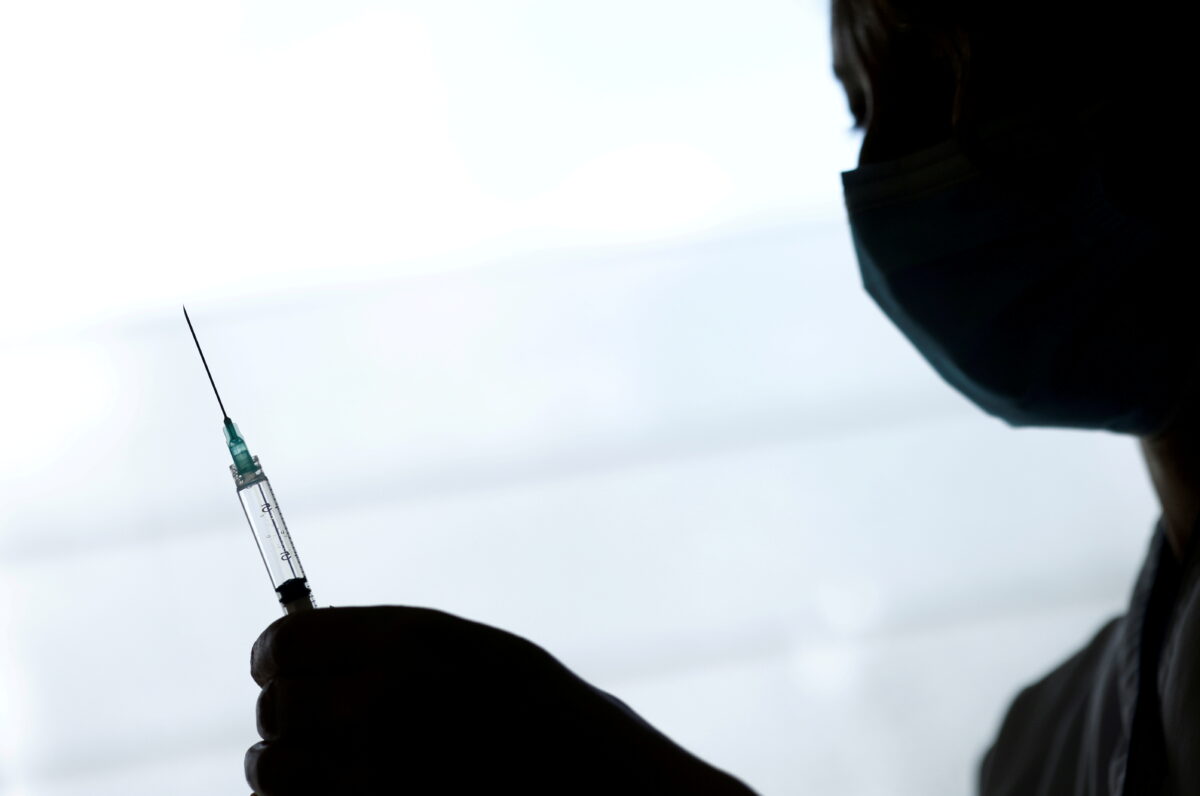European Medicines Agency Investigating Reports of Post-Vaccination Menstrual Changes
The European Union’s health agency on Feb. 11 said is it investigating reports of certain COVID-19 vaccines being linked to menstrual cycle changes. The safety committee of the European Medicines Agency (EMA) has launched “an in-depth evaluation of all available data, including reports from spontaneous reporting systems, clinical trials and the published literature.” Several recent studies have found women who got vaccinated experienced changes in their menstrual cycles. One, backed by the U.S. National Institutes of Health and reliant on women reporting their cycles, concluded vaccines were associated with an average change of under one day. The EMA’s safety committee, or the Pharmacovigilance Risk Assessment Committee, didn’t cite specific reports of studies. The panel previously analyzed reports of menstrual disorders following vaccination with the Pfizer or Moderna COVID-19 vaccines and concluded at the time that the evidence did not support a causal link between them. But in light of “spontaneous reports of menstrual disorders with both vaccines and of findings from the literature,” the panel decided to take a fresh look at cycle changes and heavy periods following vaccination, it said in a statement. That fresh assessment prompted the new, “in-depth evaluation.” “At this stage, it is not yet clear whether there is a causal link between the COVID-19 vaccines and the reports of heavy periods or amenorrhea. There is also no evidence to suggest that COVID-19 vaccines affect fertility,” the panel said. Besides the U.S. study, research in Norway found heavier bleeding among women who received a vaccine. Additionally, UK health authorities said in January that they were reviewing reports of period problems following vaccination, but that the evaluation to date did not support a link between the changes and COVID-19 vaccines, and Israeli government researchers said recently that about 10 percent of women who got a Pfizer booster shot experienced menstrual cycle changes. Dr. Victoria Male, a lecturer of reproductive immunology at Imperial College London, said in an editorial last month that the findings of the studies were reassuring because the changes seemed to quickly reverse. However, it is important to learn “the mechanism by which post-vaccination menstrual changes occur,” Male wrote, adding that researchers should also continue analyzing whether vaccines and COVID-19 have any impact on fertility.

The European Union’s health agency on Feb. 11 said is it investigating reports of certain COVID-19 vaccines being linked to menstrual cycle changes.
The safety committee of the European Medicines Agency (EMA) has launched “an in-depth evaluation of all available data, including reports from spontaneous reporting systems, clinical trials and the published literature.”
Several recent studies have found women who got vaccinated experienced changes in their menstrual cycles.
One, backed by the U.S. National Institutes of Health and reliant on women reporting their cycles, concluded vaccines were associated with an average change of under one day.
The EMA’s safety committee, or the Pharmacovigilance Risk Assessment Committee, didn’t cite specific reports of studies.
The panel previously analyzed reports of menstrual disorders following vaccination with the Pfizer or Moderna COVID-19 vaccines and concluded at the time that the evidence did not support a causal link between them.
But in light of “spontaneous reports of menstrual disorders with both vaccines and of findings from the literature,” the panel decided to take a fresh look at cycle changes and heavy periods following vaccination, it said in a statement.
That fresh assessment prompted the new, “in-depth evaluation.”
“At this stage, it is not yet clear whether there is a causal link between the COVID-19 vaccines and the reports of heavy periods or amenorrhea. There is also no evidence to suggest that COVID-19 vaccines affect fertility,” the panel said.
Besides the U.S. study, research in Norway found heavier bleeding among women who received a vaccine. Additionally, UK health authorities said in January that they were reviewing reports of period problems following vaccination, but that the evaluation to date did not support a link between the changes and COVID-19 vaccines, and Israeli government researchers said recently that about 10 percent of women who got a Pfizer booster shot experienced menstrual cycle changes.
Dr. Victoria Male, a lecturer of reproductive immunology at Imperial College London, said in an editorial last month that the findings of the studies were reassuring because the changes seemed to quickly reverse.
However, it is important to learn “the mechanism by which post-vaccination menstrual changes occur,” Male wrote, adding that researchers should also continue analyzing whether vaccines and COVID-19 have any impact on fertility.












